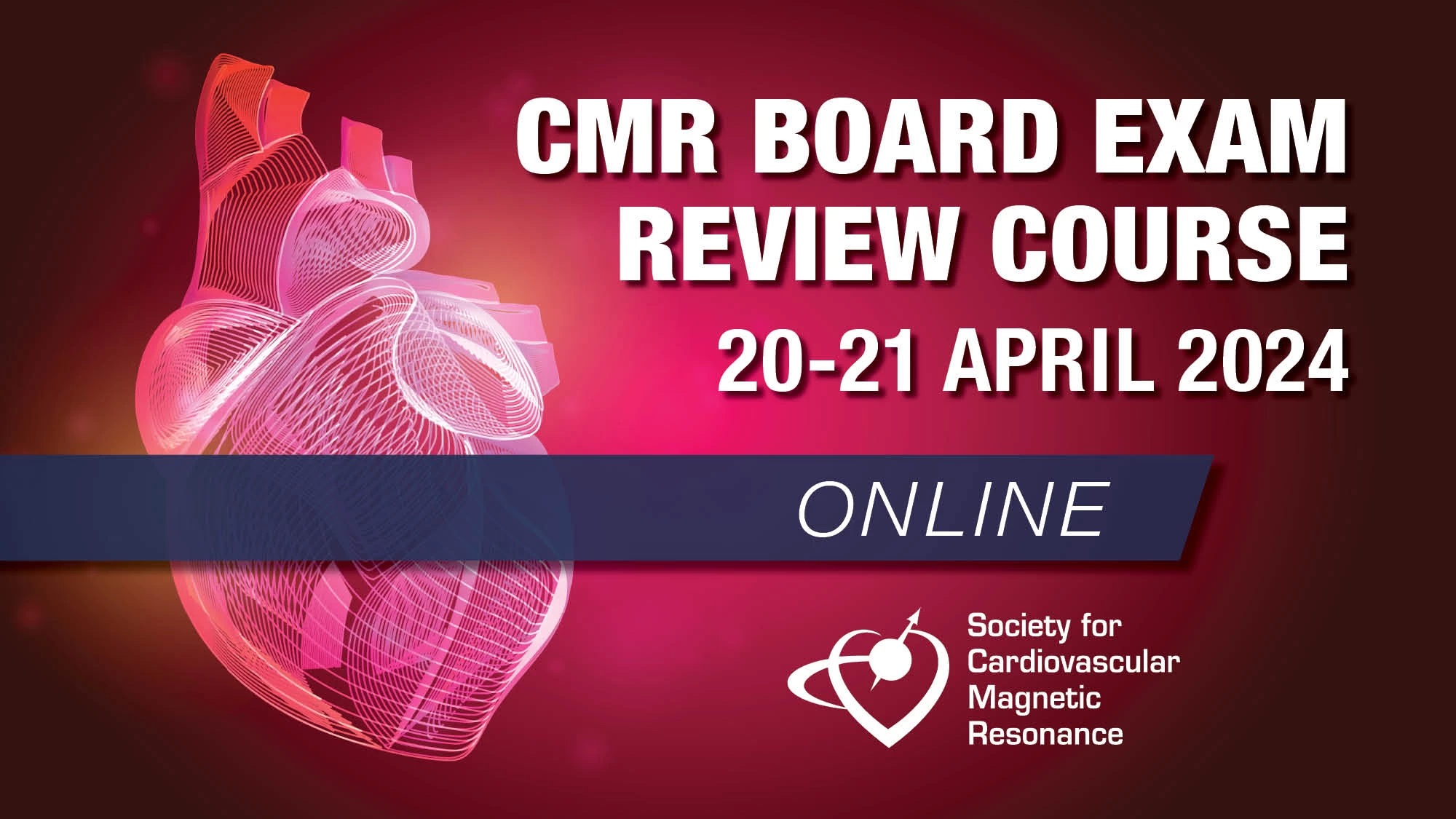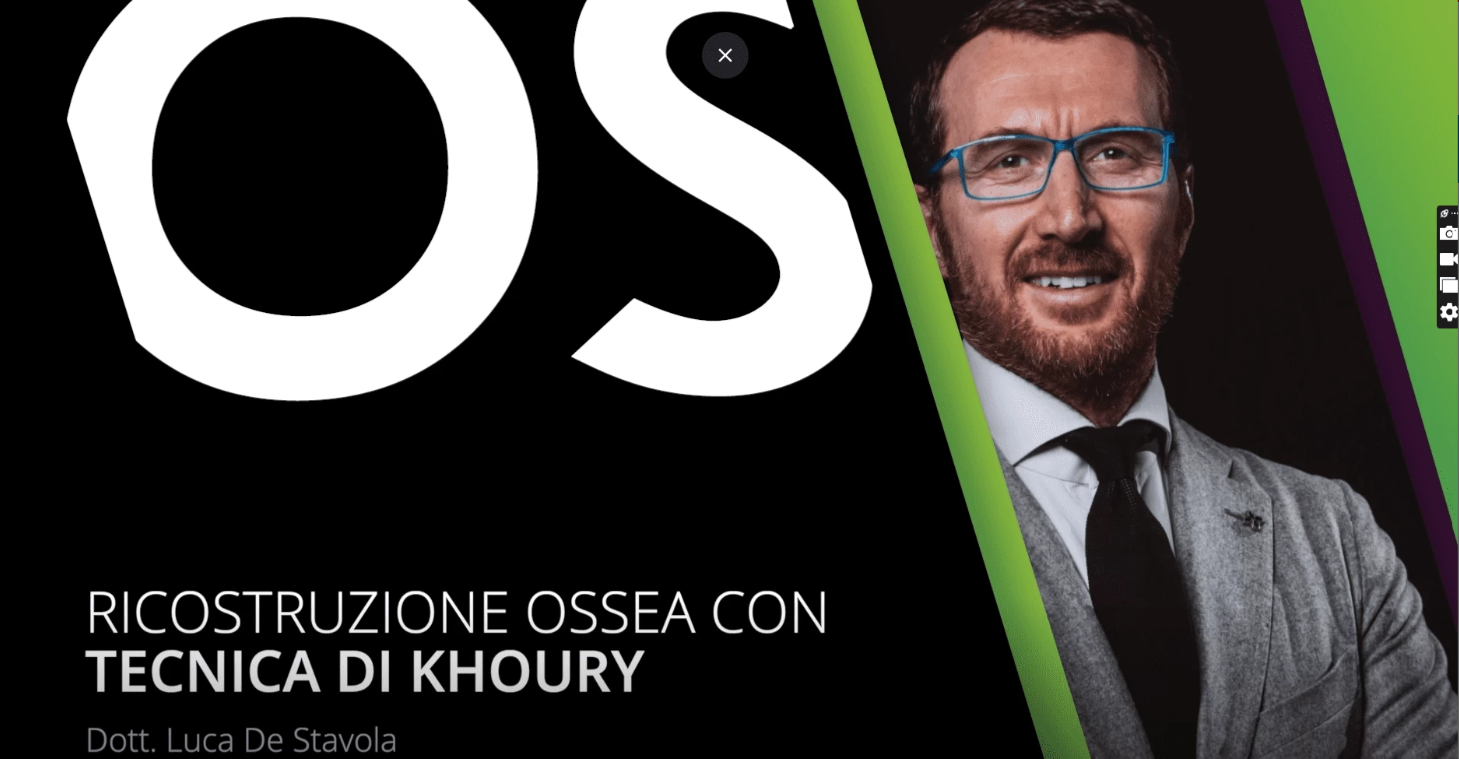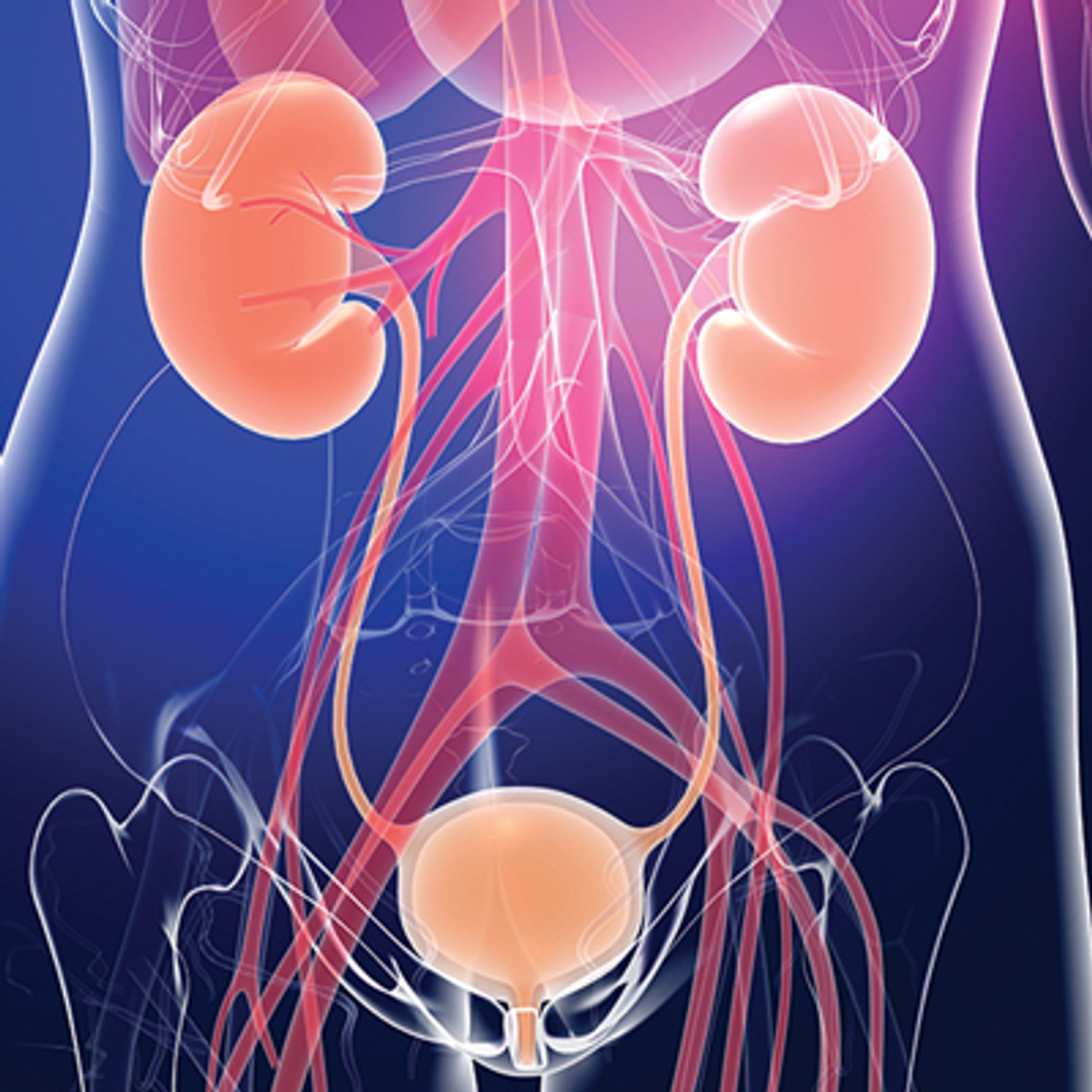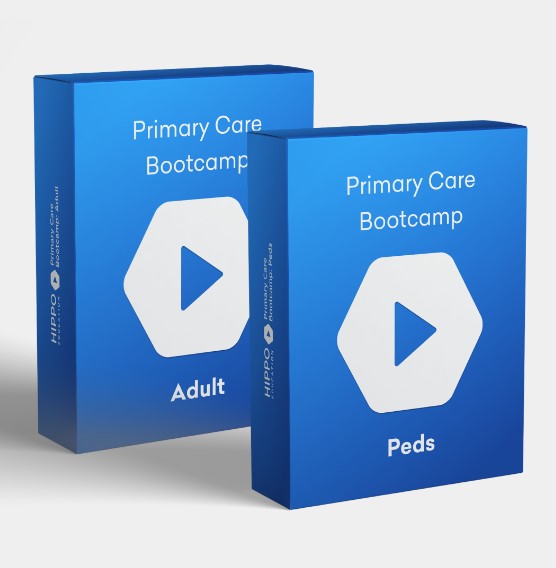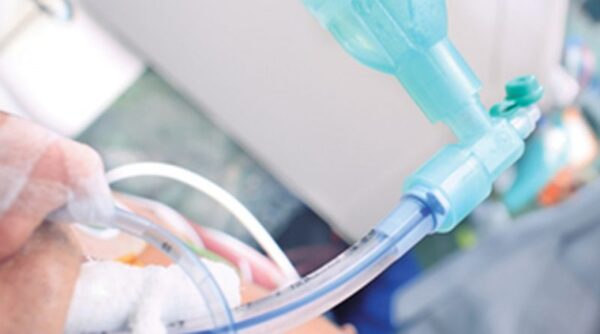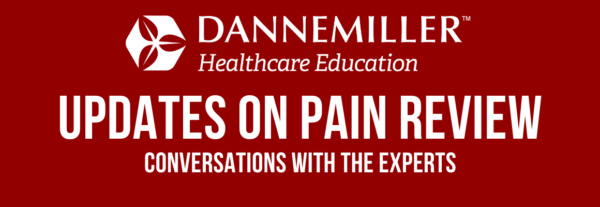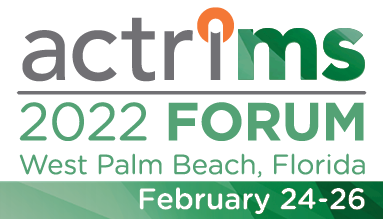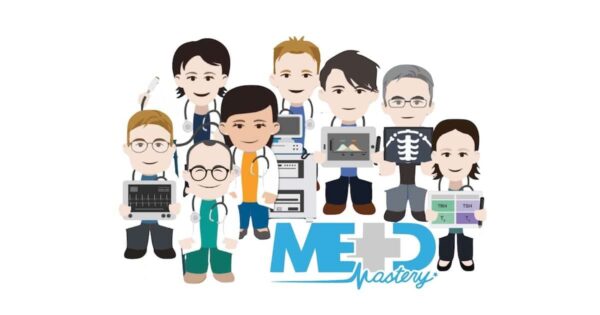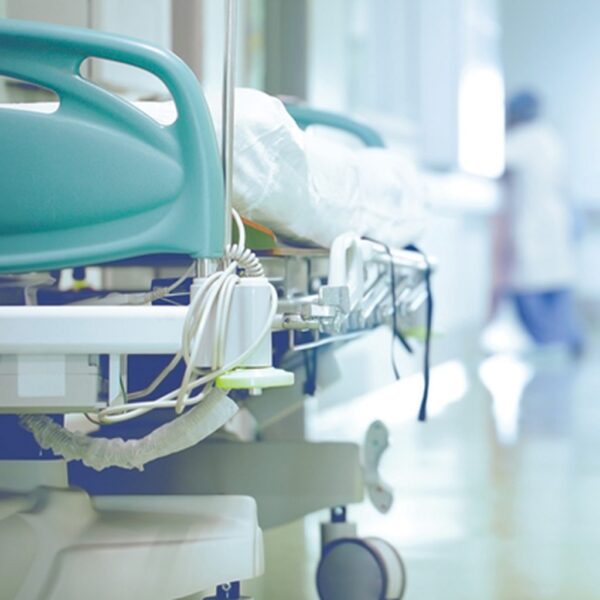CMR Board Exam Review Course 2024
$60.00
This Product is shared via google drive download link, So please share your correct Gmail id while placing the order .Please note that there are no CME points or certificate associated with this course Samples for Courses Can be found here : Free Samples Here!
Videos+PDF

Categories: Courses, Cardiology, Critical Care \ Emergency medicine, Internal Medicine
Description
CMR Board Exam Review Course 2024
Learning Needs:
- Comprehensive Knowledge of CMR Studies: Practitioners need training to develop a comprehensive understanding of CMR studies, including the principles of CMR imaging, patient preparation techniques, and the ability to select appropriate protocols for different clinical scenarios.
- Protocol Selection Skills: Physicians require training to enhance their ability to select and perform appropriate protocols for specific clinical scenarios. This includes understanding the criteria for selecting protocols based on patient characteristics and clinical indications.
- Interpretation Skills: Practitioners need further training in interpreting normal and abnormal CMR exams. This includes understanding anatomy, function, and physiology related to CMR, as well as recognizing patterns indicative of various heart diseases and other conditions.
- Post-Processing Skills: There is a need for training in supervising and performing post-processing tasks related to CMR exams. This training is essential for generating accurate and clinically relevant results.
- Certification Preparation: Practitioners require preparation specifically for passing the CBCMR Exam. This preparation should focus on deepening their understanding of CMR imaging principles, protocol selection, image interpretation, and post-processing tasks.
- Clinical Decision-Making Skills: Training should focus on developing skills related to using CMR imaging results for clinical decision-making. This includes understanding how to integrate CMR findings into patient management plans.
- Continuing Education: Practitioners should engage in ongoing education to stay updated with advancements in CMR imaging technology, protocols, and interpretation techniques.
Learning Objectives:
At the conclusion of this meeting, participants will have improved competence and professional performance in their ability to:
- Select and perform appropriate protocols for specific clinical scenarios.
- Perform CMR exams.
- Interpret normal and abnormal CMR exams: anatomy, function, and physiology.
- Interpret ischemic and nonischemic heart disease CMR Exams
- Interpret additional CMR exams including cardiac masses, congenital heart disease, and vascular disease.
- Supervise and/or perform post processing tasks.
| Session 1: Basics of MRI | 8:00 AM | 10:50 AM |
| Welcome address | 8:00 AM | 8:10 AM |
| Basic MR Physics | 8:10 AM | 8:25 AM |
| Basic pulse sequences for MR imaging | 8:25 AM | 8:45 AM |
| Principles of fast imaging | 8:45 AM | 9:05 AM |
| MRI Safety | 9:05 AM | 9:25 AM |
| CMR and devices – patient preparation, safety and artifacts | 9:25 AM | 9:50 AM |
| Live Q&A | 9:50 AM | 10:50 AM |
| Break | 10:50 AM | 11:20 AM |
| Session 2: Select and perform protocols | 11:20 AM | 2:20 PM |
| Cine Imaging | 11:20 AM | 11:40 AM |
| LGE imaging | 11:40 AM | 12:00 PM |
| CMR stress perfusion imaging | 12:00 PM | 12:20 PM |
| CMR for flow quantification | 12:20 PM | 12:40 PM |
| Optimizing CMR image quality and trouble-shooting during acquisition | 12:40 PM | 1:00 PM |
| Recognizing and minimizing common CMR artifacts | 1:00 PM | 1:20 PM |
| Live Q&A | 1:20 PM | 2:20 PM |
| Break | 2:20 PM | 2:50 PM |
| Session 3: Ischemic and nonischemic heart disease | 2:50 PM | 5:50 PM |
| CMR for T1 & T2 mapping | 2:50 PM | 3:10 PM |
| CMR for assessing acute coronary syndromes | 3:10 PM | 3:30 PM |
| Acute myocarditis and the Lake Louise Criteria | 3:30 PM | 3:50 PM |
| Pericardial disease | 3:50 PM | 4:10 PM |
| CMR for cardiac involvement in systemic diseases and infections | 4:10 PM | 4:30 PM |
| CMR for assessing cardiac masses and tumors | 4:30 PM | 4:50 PM |
| Live Q&A | 4:50 PM | 5:50 PM |
| Adjourn for the day |
Day 2 – 21 April, 2024
| 21 April, 2024 | Presentation Start Time (PDT) | Presentation End Time (PDT) |
| Session 4: Nonischemic heart disease, pericardial disease, cardiac masses |
8:00 AM | 11:00 AM |
| CMR for assessing HCM | 8:00 AM | 8:20 AM |
| CMR for assessing DCM and ARVC | 8:20 AM | 8:40 AM |
| CMR for infiltrative and storage heart disease | 8:40 AM | 9:00 AM |
| CMR for assessing non-compaction cardiomyopathy | 9:00 AM | 9:20 AM |
| CMR for iron overload | 9:20 AM | 9:40 AM |
| CMR for differentiating athlete’s heart from cardiomyopathies | 9:40 AM | 10:00 AM |
| Live Q&A | 10:00 AM | 11:00 AM |
| Break | 11:00 AM | 11:30 AM |
| Session 5: Valvular heart disease and congenital heart disease | 11:30 AM | 2:30 PM |
| CMR for valvular heart disease | 11:30 AM | 11:50 AM |
| Common congenital Heart Disease | 11:50 AM | 12:15 PM |
| Complex congenital Heart Disease | 12:15 PM | 12:45 PM |
| Understanding shunts | 12:45 PM | 1:30 PM |
| Live Q&A | 1:30 PM | 2:30 PM |
| Break | 2:30 PM | 3:00 PM |
| Session 6: Vascular Disease | 3:00 PM | 5:40 PM |
| CMR for assessment of aortic diseases | 3:00 PM | 3:20 PM |
| CMR for assessment of pulmonary arteries and veins | 3:20 PM | 3:40 PM |
| CMR for assessment of coronary arteries | 3:40 PM | 4:00 PM |
| CMR for assessment of peripheral vascular disease | 4:00 PM | 4:20 PM |
| Extracardiac and extravascular findings | 4:20 PM | 4:40 PM |
| Live Q&A | 4:40 PM | 5:40 PM |


